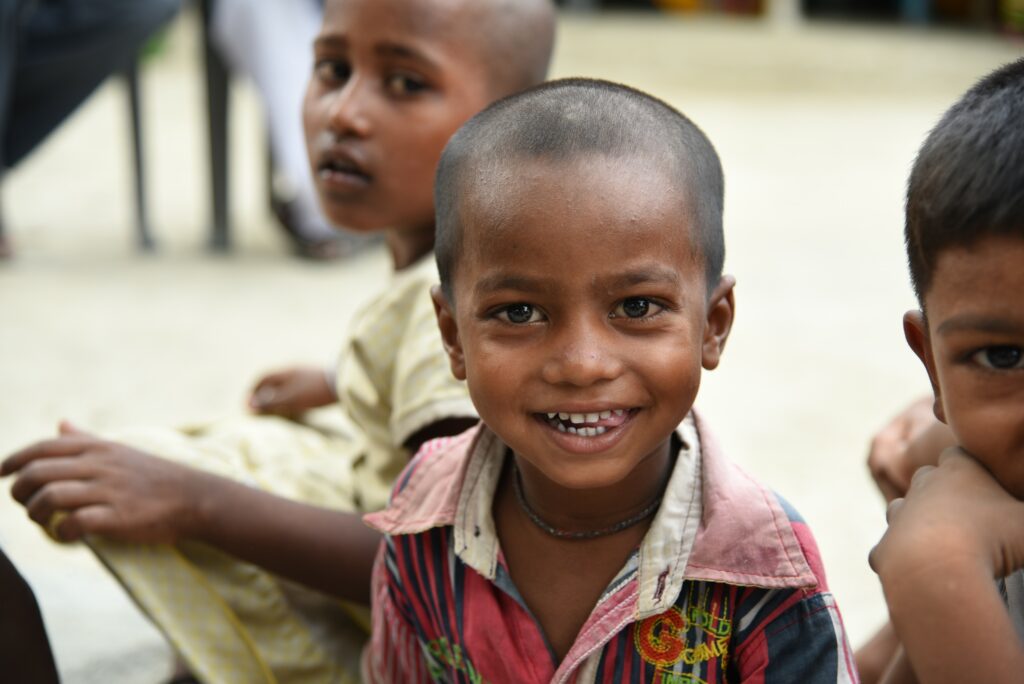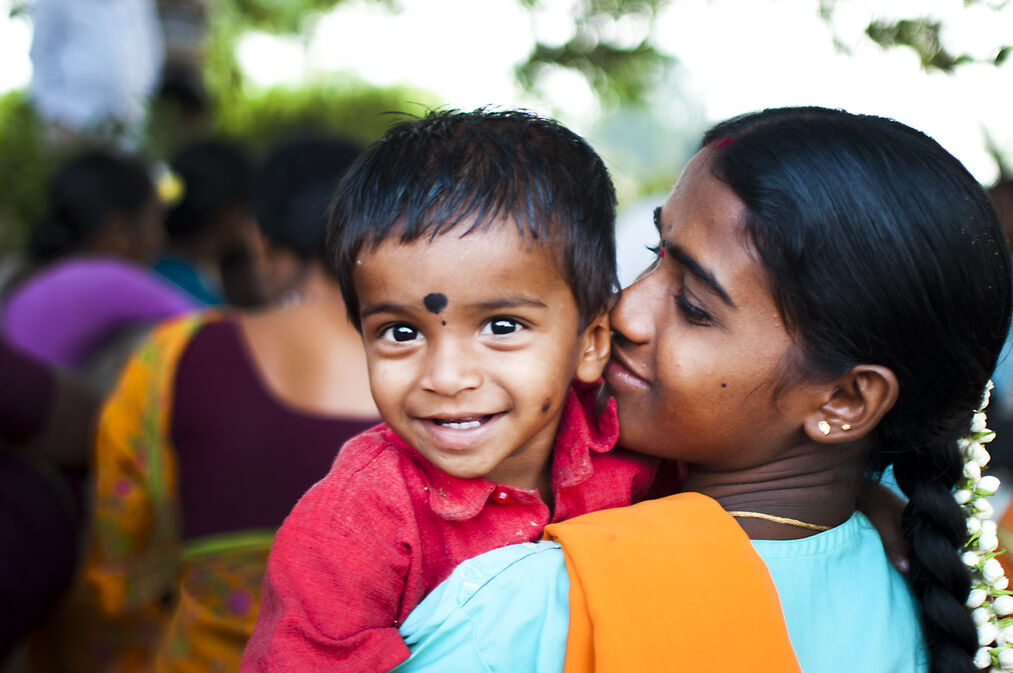
The Importance of Children’s Mental Health in Rural India
Summary/TL;DR on Mental Health in Rural IndiaMental health is crucial for children's overall well-being and development, especially regarding men....
Read MoreThe well-being of a child is deeply connected to the health and well-being of their mother. Maternal and child health is a critical area of focus in public health, more in a country like India, where disparities in access to healthcare persist. Understanding this link is key to building a healthier future for our children and our nation.

Maternal and child health refers to the health of women during pregnancy, childbirth, and the postpartum period, as well as the health of infants and young children. This includes everything from prenatal care to nutrition, vaccinations, safe childbirth, and early childhood development. Ensuring good maternal health leads to stronger, healthier children physically and mentally.
Also Read: Role of Education in Combating Child Malnutrition
The first 1,000 days from conception to a child’s second birthday are a crucial window for growth and development. During this time, the mother’s health, nutrition, and access to care can determine whether a child will grow up healthy or face lifelong health challenges. Poor maternal health during pregnancy can result in complications such as premature birth, low birth weight, or developmental delays in children.
Also Read: Understanding Child Malnutrition
One of the most pressing maternal and child health challenges in India is malnutrition. Many pregnant women, particularly in rural and underprivileged communities, suffer from malnutrition and anemia. This affects their ability to carry healthy pregnancies and often leads to complications for both mother and child.
Low birth weight is a direct consequence of poor maternal health and nutrition. It significantly increases the risk of neonatal mortality, infections, and developmental delays. India has one of the highest rates of low-birth-weight babies globally — a problem that underscores the urgent need for better maternal care.
Many women in India still do not have access to proper prenatal check-ups or postnatal care. Without skilled birth attendants or access to emergency medical care, complications during childbirth can become life-threatening for both mother and baby.
Also Read: Ways To Protect Underprivileged Children From Malnutrition In India
Access to quality healthcare remains a major barrier in improving maternal and child health. Strengthening primary health centres, providing trained health workers, and ensuring regular outreach in remote villages can help bridge this gap.
Encouraging institutional deliveries and ensuring the presence of skilled birth attendants can significantly reduce maternal and infant mortality rates. Awareness programs and incentives can play a key role in promoting safe childbirth practices.
Educating women about reproductive health, proper nutrition, and the importance of antenatal care can empower them to make informed choices. Providing access to iron and folic acid supplements, balanced diets, and regular health check-ups is crucial for improving outcomes.
At CRY – Child Rights and You, we believe that maternal and child health is foundational to building stronger communities. Our on-ground interventions focus on:
Through partnerships with local communities, CRY empowers families with the knowledge and support they need to give their children a healthy start in life. Because when a mother is healthy, her child is more likely to thrive and that’s the kind of change we work to create every day.